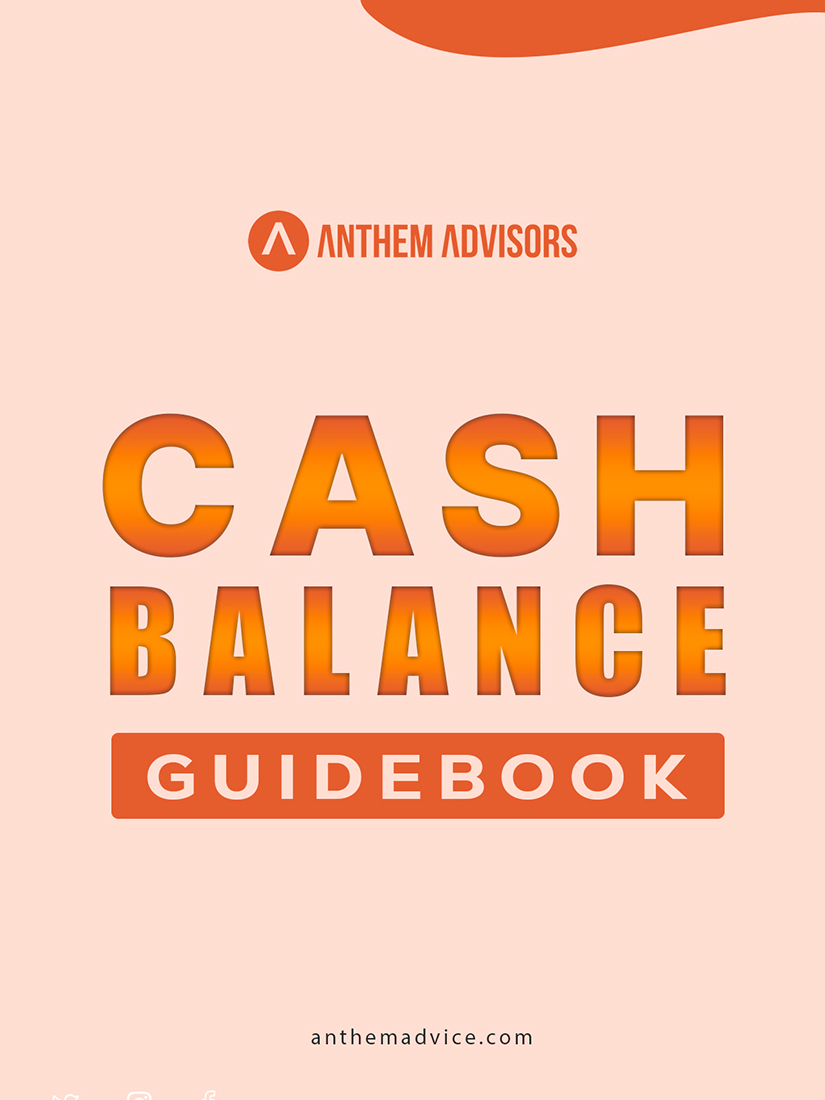What is Probate? A Comprehensive Guide
Probate is a legal process that occurs after someone passes away, during which their estate—consisting of assets, property, and debts—is distributed according to their will, or if no will exists, according to state law. While probate is often viewed as a complex and time-consuming process, it plays a critical role in ensuring that the decedent’s wishes are honored and that creditors are paid. Understanding probate is essential whether you’re planning your own estate or managing the estate of a loved one.
1. Understanding the Basics of Probate
Probate is the court-supervised process of administering a deceased person’s estate. The probate process involves validating the decedent’s will (if one exists), appointing an executor or administrator to manage the estate, identifying and appraising the decedent’s assets, paying off debts and taxes, and distributing the remaining assets to beneficiaries or heirs.
Key Steps in the Probate Process:
- Filing a Petition: The process begins when the executor named in the will, or an interested party, files a petition with the probate court to start probate. If there is no will, a family member or creditor can petition the court to appoint an administrator.
- Validating the Will: If there is a will, the court must validate it to ensure that it is legitimate and meets all legal requirements. This involves proving that the will was properly executed and that the decedent was of sound mind when it was created.
- Appointing an Executor or Administrator: The court appoints an executor (if named in the will) or an administrator (if there is no will) to manage the estate. The executor or administrator is responsible for overseeing the entire probate process.
- Identifying and Valuing Assets: The executor or administrator must locate and take inventory of the decedent’s assets, including real estate, bank accounts, investments, and personal property. They must also determine the value of these assets, sometimes requiring professional appraisals.
- Paying Debts and Taxes: Before distributing assets to beneficiaries, the executor or administrator must ensure that all outstanding debts, taxes, and expenses of the estate are paid. This may include income taxes, estate taxes, and any remaining bills or obligations.
- Distributing Assets: Once debts and taxes are settled, the remaining assets are distributed to the beneficiaries named in the will or, if there is no will, to the heirs according to state intestacy laws.
- Closing the Estate: After all assets have been distributed and the court is satisfied that the estate has been properly managed, the probate process is concluded, and the estate is officially closed.
2. Types of Probate
There are different types of probate, depending on the size and complexity of the estate. Understanding these types can help you better prepare for the process.
Formal Probate: This is the standard probate process for most estates and involves full court supervision. It is required when the estate is large, complex, or if there are disputes among beneficiaries or creditors.
Informal Probate: For smaller or less complex estates, some states offer an informal probate process, which involves less court supervision and is often quicker and less expensive. The executor may be able to handle most of the process without court intervention.
Small Estate Procedures: If the estate’s value is below a certain threshold, some states allow for small estate procedures, which are simplified versions of probate. These procedures often bypass much of the formal probate process, making it easier and faster to distribute assets.
Summary Administration: This type of probate is a simplified process used when the estate qualifies based on its size or the nature of the assets. It requires minimal court involvement, allowing for a quicker resolution.
3. When is Probate Required?
Probate is generally required when a person dies with assets solely in their name and no co-owners or designated beneficiaries are named. However, not all assets go through probate. Understanding when probate is necessary can help streamline the process.
Assets That Typically Go Through Probate:
- Solely owned real estate
- Bank accounts without a named beneficiary
- Investments and securities without a transfer-on-death (TOD) designation
- Personal property, such as jewelry, furniture, and vehicles
Assets That Usually Avoid Probate:
- Jointly owned property with rights of survivorship
- Accounts with named beneficiaries (e.g., retirement accounts, life insurance policies)
- Payable-on-death (POD) or transfer-on-death (TOD) accounts
- Assets held in a living trust
By understanding which assets are subject to probate, you can take steps to minimize the need for probate through proper estate planning.
4. The Role of the Executor or Administrator
The executor (if there’s a will) or administrator (if there’s no will) plays a central role in the probate process. Their responsibilities include:
- Managing and securing the estate’s assets: This involves gathering all assets, keeping them safe, and ensuring they are properly maintained during the probate process.
- Communicating with beneficiaries and creditors: The executor or administrator must keep all parties informed about the probate process, including the status of asset distribution and any claims against the estate.
- Filing necessary paperwork: The executor is responsible for filing the decedent’s final tax returns, submitting any necessary court documents, and paying any taxes owed by the estate.
- Resolving disputes: If there are disputes among beneficiaries or creditors, the executor must work to resolve them, often with the assistance of legal counsel.
The role of the executor or administrator can be challenging, requiring a careful balance of legal, financial, and personal considerations.
5. Challenges and Disputes in Probate
While probate is designed to be a straightforward process, disputes can arise, complicating matters. Common issues include:
- Contesting the will: Beneficiaries or potential heirs may challenge the validity of the will, leading to legal battles that can delay probate.
- Creditor claims: Creditors may file claims against the estate, which the executor must resolve before distributing assets.
- Disagreements among beneficiaries: Disputes over the distribution of assets can lead to tension and delays in the probate process.
To minimize these challenges, it’s important to have a clear, legally sound will and to communicate your wishes to your loved ones ahead of time.
6. Avoiding Probate
While probate is often necessary, there are ways to avoid it through careful estate planning. Some strategies include:
- Creating a living trust: Assets placed in a living trust do not go through probate. The trust’s designated trustee can manage and distribute these assets according to the terms of the trust, bypassing probate entirely.
- Designating beneficiaries: For accounts like retirement plans and life insurance policies, you can name beneficiaries who will receive the assets directly upon your death, avoiding probate.
- Joint ownership: Property owned jointly with rights of survivorship automatically passes to the surviving owner, bypassing probate.
By planning ahead, you can reduce the burden of probate on your loved ones and ensure your wishes are carried out efficiently.
Conclusion
Probate is a crucial legal process that ensures a deceased person’s assets are distributed according to their wishes or, in the absence of a will, according to state law. While it can be complex and time-consuming, understanding the probate process and taking steps to prepare for it can ease the burden on your loved ones and ensure a smoother transition of your estate. Whether you’re planning your own estate or managing a loved one’s, knowing the ins and outs of probate can help you navigate this important aspect of life with confidence.
FAQ
1. What is the purpose of probate?
Probate is a legal process that ensures a deceased person’s assets are distributed according to their will or, if no will exists, according to state law. It involves validating the will, paying off debts and taxes, and distributing the remaining assets to beneficiaries or heirs.
2. How long does the probate process take?
The length of the probate process varies depending on the complexity of the estate, the number of assets, and whether any disputes arise. On average, probate can take anywhere from several months to over a year to complete.
3. Can all assets be transferred without going through probate?
Not all assets go through probate. Assets that are jointly owned, have designated beneficiaries, or are held in a living trust typically bypass the probate process. Examples include life insurance policies, retirement accounts, and jointly-owned real estate.
4. What happens if someone dies without a will?
If someone dies without a will, their estate is considered “intestate.” In this case, the court will appoint an administrator, and the estate will be distributed according to the state’s intestacy laws, which usually prioritize close relatives.
5. How can I avoid probate for my estate?
You can avoid probate by creating a living trust, designating beneficiaries for accounts like retirement plans, and jointly owning property with rights of survivorship. Proper estate planning can significantly reduce the need for probate.









